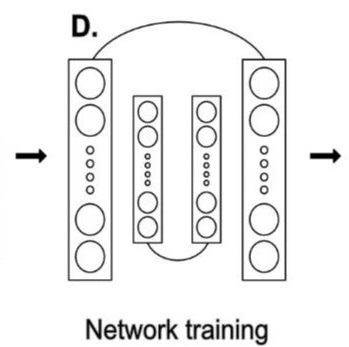
Review: Deep learning approaches to understanding stomatal function
Sydney Brenner famously said, “Progress in science depends on new techniques, new discoveries and new ideas, probably in that order.” Right now, we’re seeing how advancements and new techniques in artificial intelligence and deep learning are being applied in plant sciences, including in the analysis…

Review: Integrative framework for successful deployment of microbiomes in agriculture
This review by Berruto and Demirer calls for an interdisciplinary approach at the interface of experimental and computational frameworks to address the long-standing challenge of field application of beneficial soil microbiomes. This challenge persists due to our limited understanding of the complex…
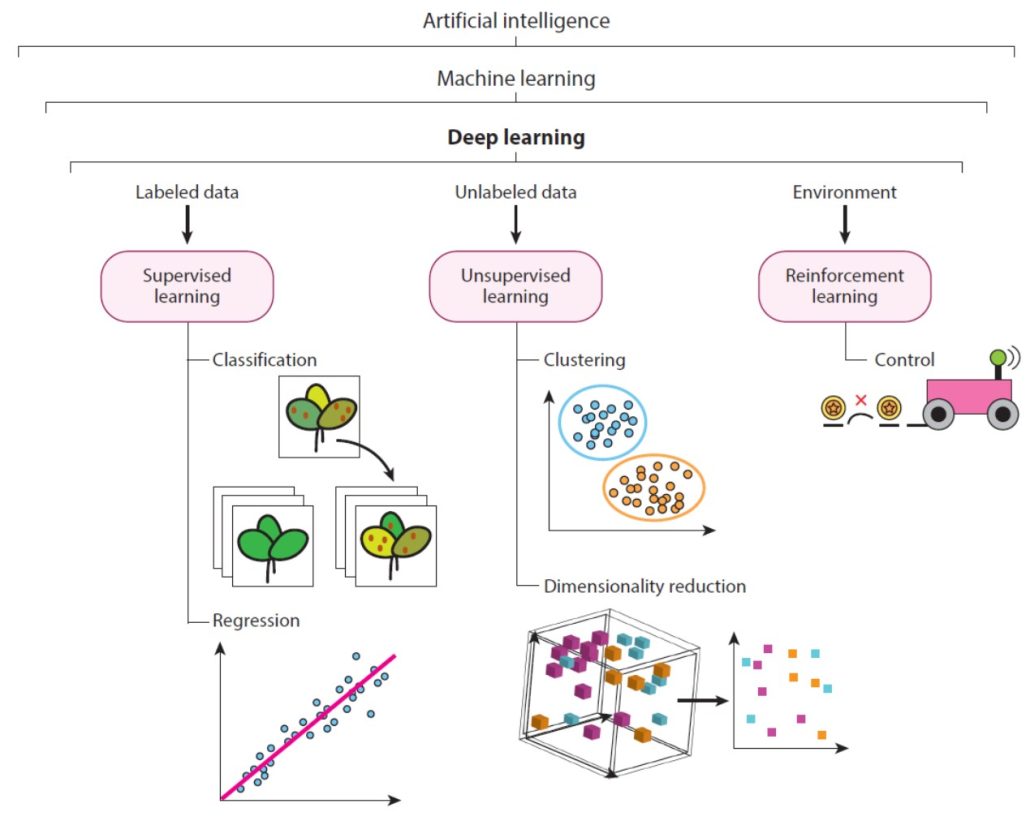
Review: Deep learning in image-based plant phenotyping
As a writer and an editor, I am horrified by the idea that thinking can be replaced by artificial intelligence. But I do recognize that deep learning / machine learning / artificial intelligence can provide major opportunities for data analysis, as eloquently described in this review article by Murphy…
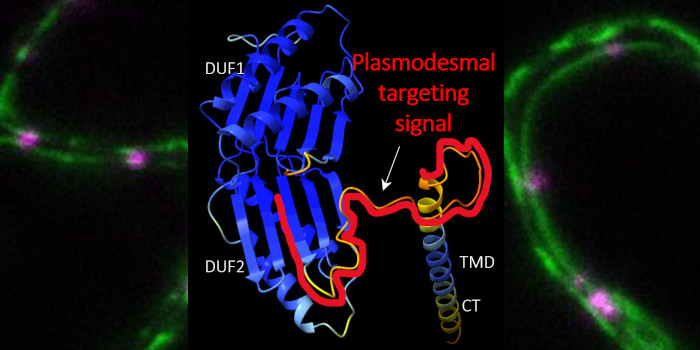
Targeting of plasmodesmal proteins requires unconventional signals
Gabriel Robles Luna, Jung-Youn Lee and colleagues discover that proteins carry targeting signals that send them to plasmodesmata, but these signals show no sequence conservation.
https://doi.org/10.1093/plcell/koad152
Gabriel Robles Luna1, Jiefu Li3, Xu Wang1, Li Liao2,3, and Jung-Youn Lee1,2,4* …

PeTriBERT : Augmenting BERT with tridimensional encoding for inverse protein folding and design (bioRxiv)
The AlphaFoldDB database recently made headlines by predicting the three-dimensional protein structure of millions of proteins based on their primary amino acid sequence. Most of these models remain to be tested, but it’s a place to start. Here, Dumortier et al. add an important complementary tool…
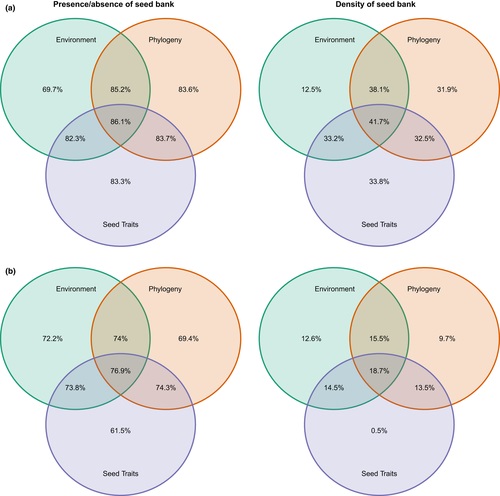
Machine learning algorithms predict soil seed bank persistence from easily available traits (Appl. Veg. Sci.)
Knowing whether a given plant species forms a persistent soil seed bank is essential to understanding its ecological dynamics, yet soil seed bank studies are both labor-intensive and time-consuming. One could argue that models should help predict this. Still, seed persistence in the soil is shaped by…
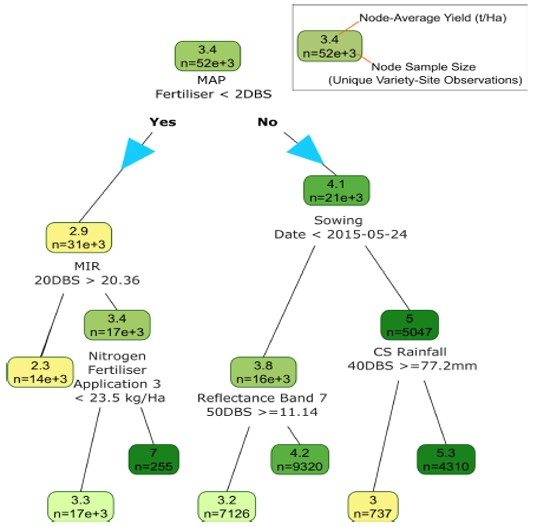
Using ‘Machine Learning’ to predict crop behaviour (Nature Plants)
Machine Learning (ML) is described by Wikipedia as ‘the study of computer algorithms that can improve automatically through experience and by the use of data’. In agronomy, machine learning can predict important crop traits (including yield) by analysing the large datasets such as data generated…

